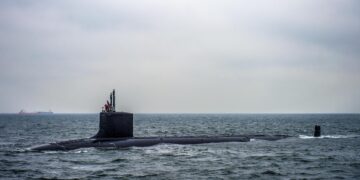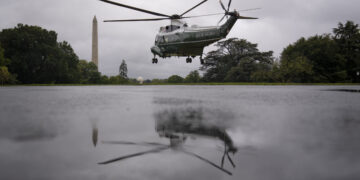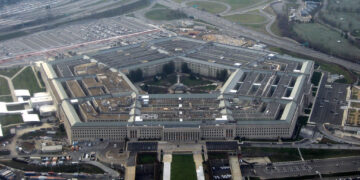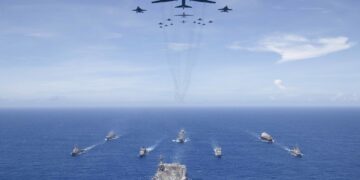July 23, 2024
How does Joe Biden’s foreign policy record stack up?

President Joe Biden’s decision to pull out of the race on Sunday afternoon shocked the country. A day earlier, the president was talking as if his campaign was full steam ahead. His change of heart left even some of his closest advisers in the White House bewildered.
Much will be written in the next several days about why Biden bowed out. But there’s an altogether different conversation to be had, and it centers on legacy. How does Biden stack up compared with other presidents on the big, meaty questions of foreign policy? Did he try to do too much? Too little?
And was he all that successful?
Biden was arguably the most experienced foreign policy hand to enter the White House since the late George H.W. Bush. Starting with his election to the Senate in 1972, Biden took a particular interest in international relations. His 36-year career in the upper chamber included three stints as chairman of the Senate Foreign Relations Committee. He delivered countless speeches on the international news stories of the day, wrote op-eds proposing unconventional schemes (one of the more infamous was a 2006 piece he co-wrote proposing that Iraq be split into three autonomous zones along sectarian lines) and led congressional delegations on foreign trips abroad.
During his eight years as vice president, Biden managed the Ukraine file, where he was a vocal proponent within Barack Obama’s administration of giving Kyiv more support to deal with the Russia-backed rebellions in eastern Ukraine. Notably, Biden was also the one person who tried to talk Obama out of sending another 30,000 U.S. troops into Afghanistan, a position that he believed would bog down the U.S. down even further into a quagmire.
More on Western Hemisphere

Featuring Jennifer Kavanagh
June 11, 2025

Featuring Edward King
June 3, 2025
Events on Grand strategy







